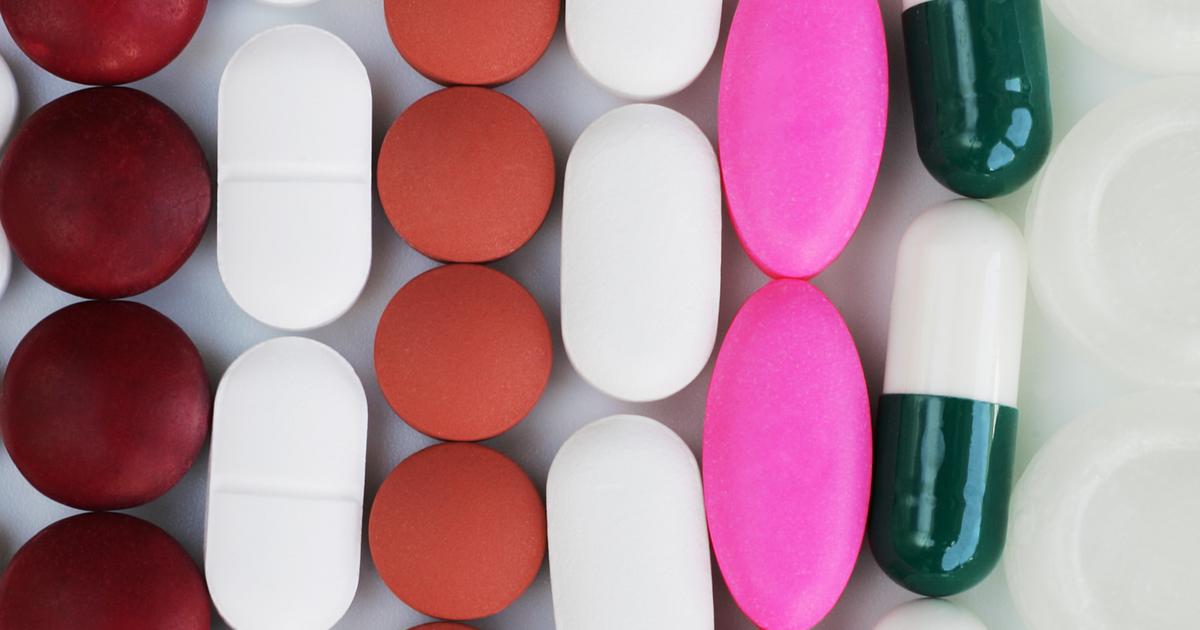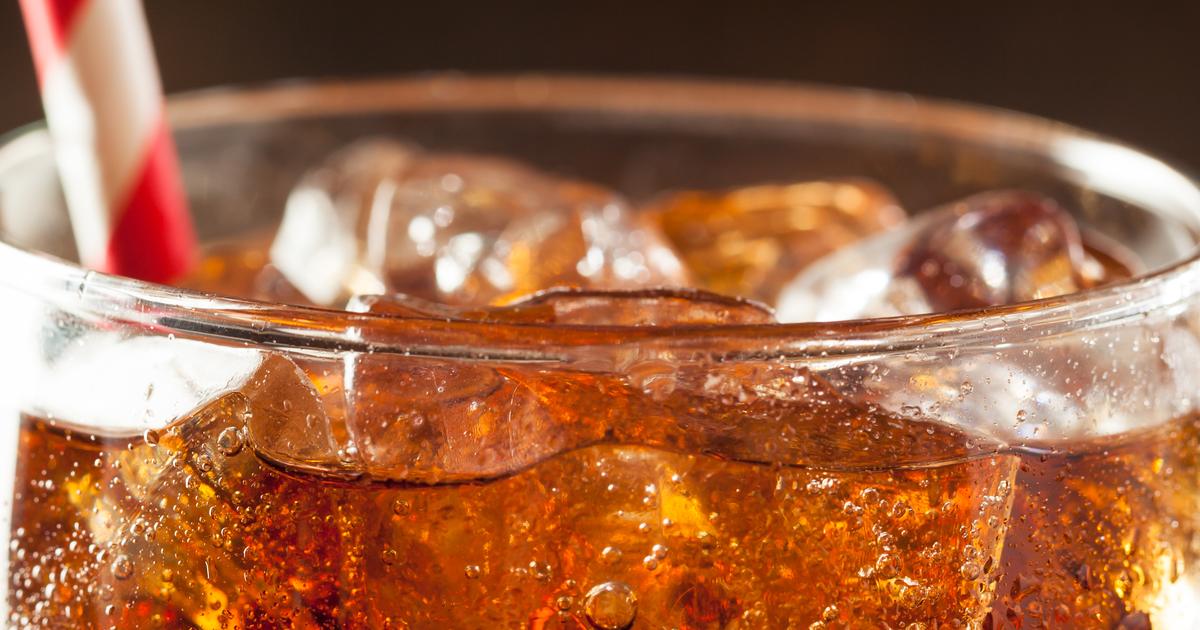What Are The Causes And Complications Of Urinary Incontinence?
Urinary incontinence is a condition that occurs when an individual experiences a loss of control over their bladder, leading to the involuntary leakage of urine. Some patients with urinary incontinence only experience mild leakage, while others might have a moderate to full loss of their bladder control. This problem is common, but it can be embarrassing. Some individuals leak urine when they sneeze or cough, which is one of the more mild ways the condition can manifest. For others, the urge to urinate becomes so strong and sudden that they can't reach a toilet in time. Urinary incontinence is more common in older individuals, but it can occur at any age. For patients who experience urinary incontinence that affects their day-to-day life, talking to a doctor is the first step to managing it.
Read about the causes and complications of urinary incontinence now.
Carbonated Beverages And Caffeine
Some forms of urinary incontinence occur only temporarily. Rather than being a medical condition that continues during day-to-day life, these types of urinary incontinence can be caused by digesting certain beverages or foods. Caffeine and carbonated beverages can both act as diuretics, which cause the body to release more water and fluid through the bladder. Several other foods and drinks that can have the same effect, such as sparkling water, alcohol, chili peppers, chocolate, citrus fruits, and any other foods that are high in acid and spice. A diuretic stimulates the digestive system and bladder, causing the body to create a larger volume of urine than it usually does, which then leads to the walls of the bladder becoming full and strained. Individuals might experience a more urgent need to use the bathroom, or might need to go to the bathroom several times rather than just once. If individuals think caffeine might be contributing to their urinary incontinence, they should try cutting back for a bit and see if it helps.
Uncover more causes of urinary incontinence now.
Certain Medications

Certain medications can also act as diuretics that stimulate the walls of the bladder and increase urine production. While this is usually the main point of the medication, it can come with the side effect of some urinary incontinence. Some patients experience high blood pressure because the amount of fluid in their bodies causes a narrowing in the blood vessel walls. To combat this, blood pressure medications help the body purge excess fluid and reduce pressure on the walls. The excess fluid is removed from the body through the bladder in the form of urine. Many cardiovascular medications are made to function as diuretics, though they may have other effects as well. Another type of medication that might cause urinary incontinence is a muscle relaxant. Muscle relaxants, as the name implies, relax the muscles throughout the body. This can be extremely helpful in treating spasticity and other conditions, but it can also cause the muscles controlling the bladder to become weaker, leading to leakage.
Uncover more potential causes of urinary incontinence now.
